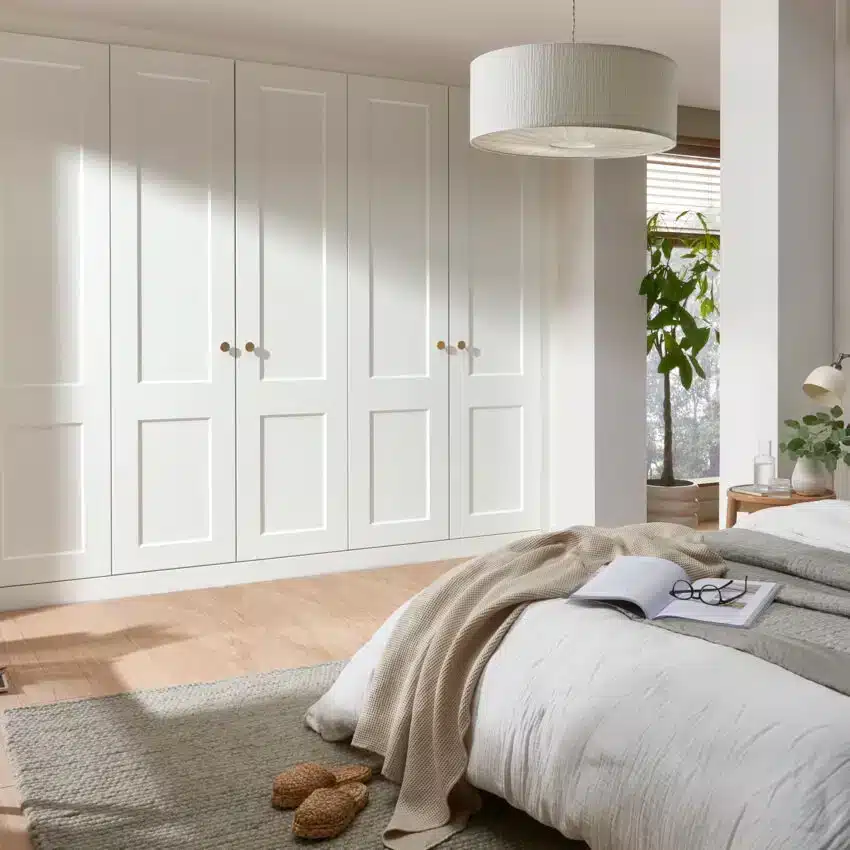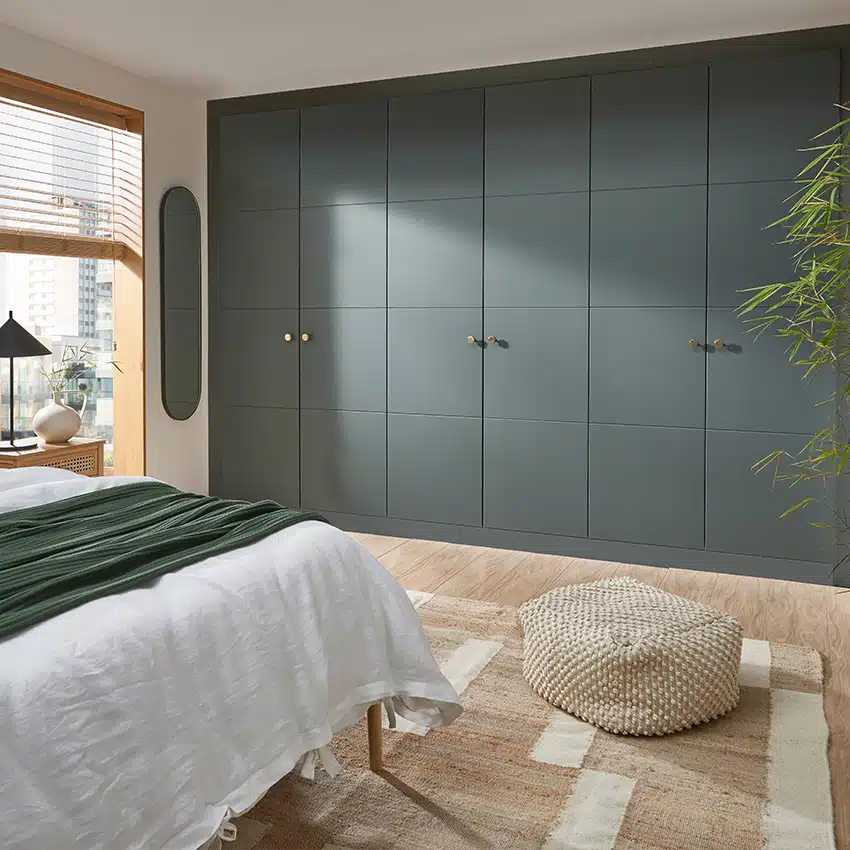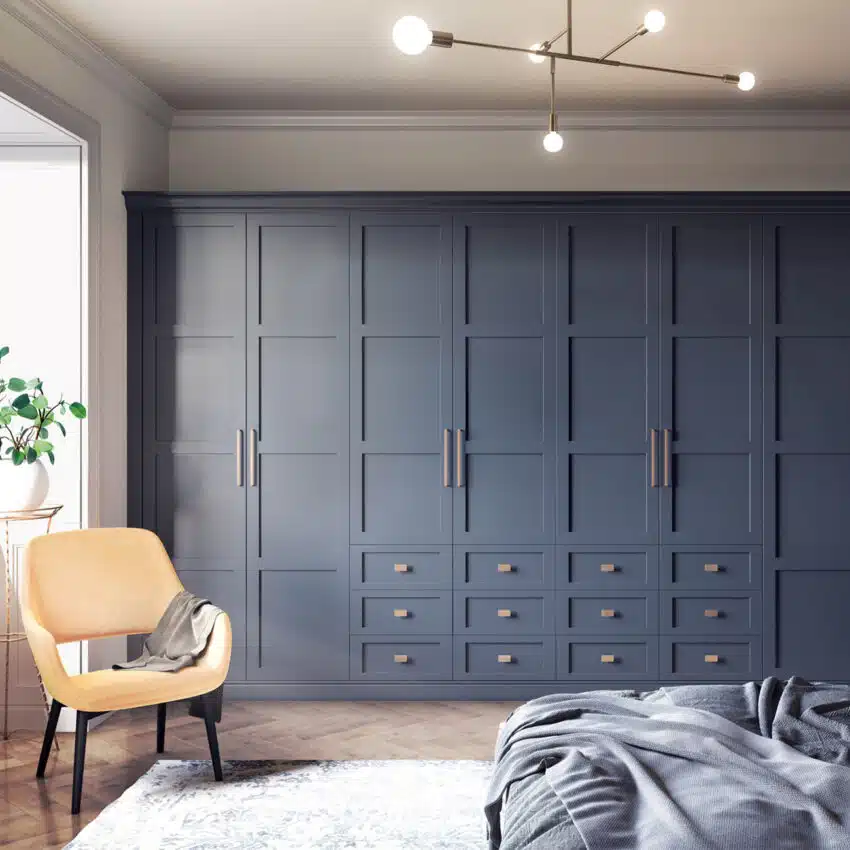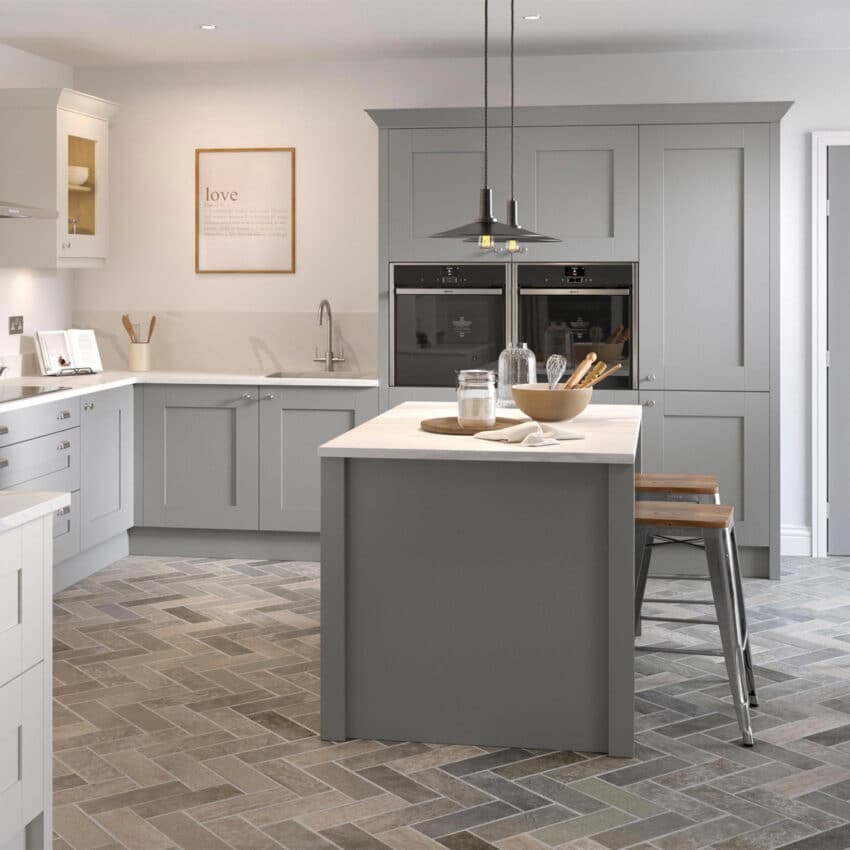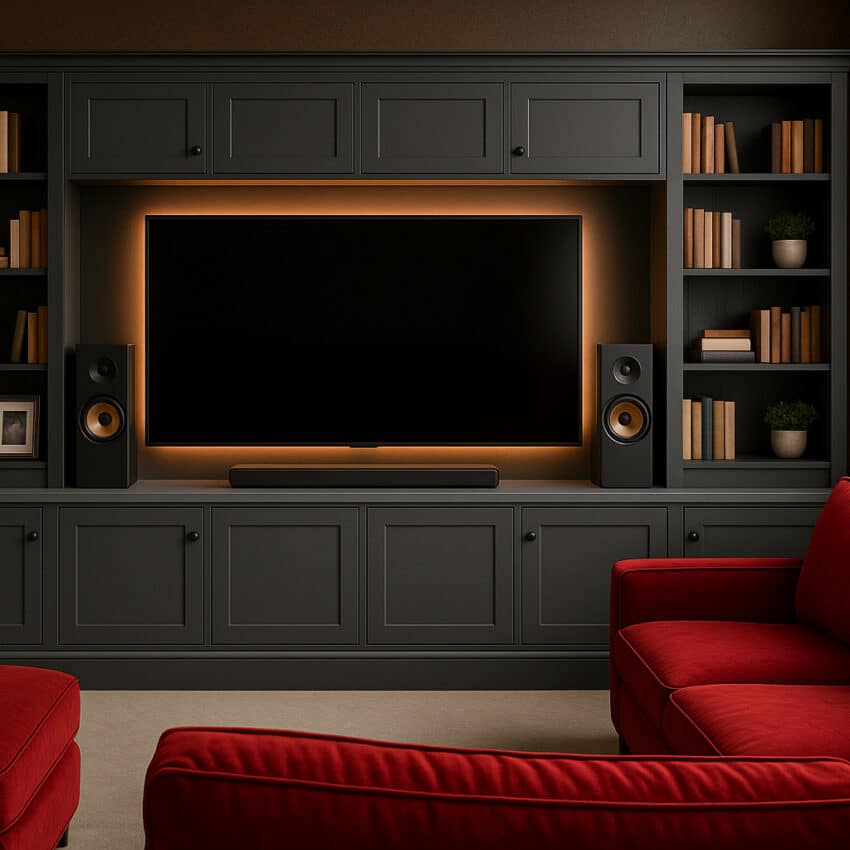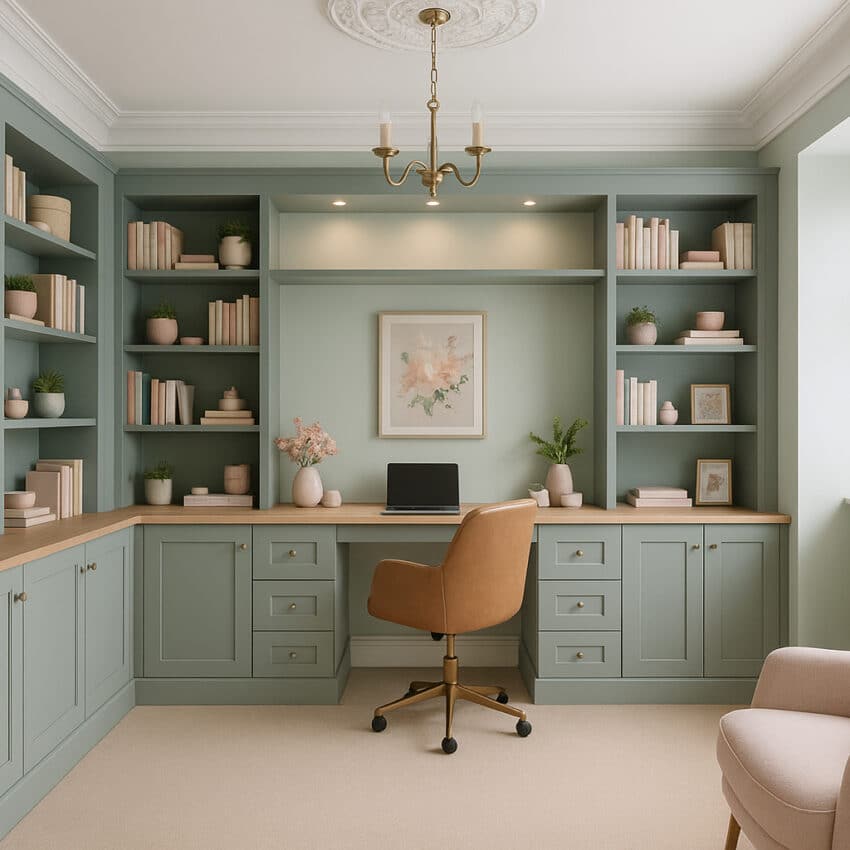Eco-Friendly Fitted Bedrooms: A Sustainable Approach to Modern Living
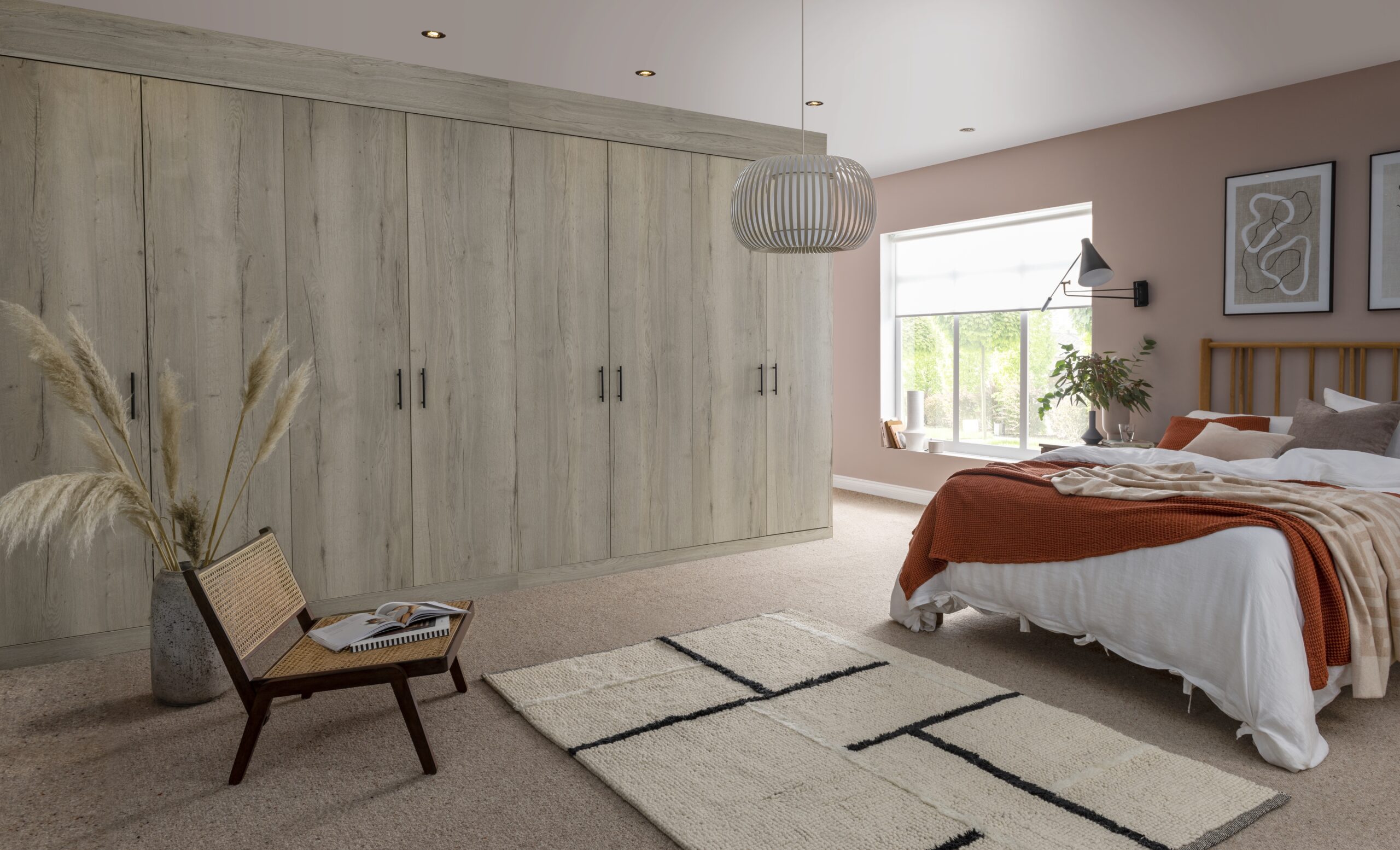
In an era where environmental consciousness is becoming increasingly important, eco-friendly fitted bedrooms offer a sustainable solution for homeowners seeking both style and environmental responsibility. From sustainable material sourcing to long-lasting craftsmanship, fitted bedrooms provide an environmentally friendly alternative to mass-produced, free-standing furniture that often contributes to deforestation, excessive carbon emissions, and a throwaway culture. This article delves into the sustainable practices and materials used in creating fitted bedrooms, emphasising the benefits of choosing locally sourced woods, reclaimed materials, and durable designs.
Sustainable Materials: The Heart of Eco-Friendly Fitted Bedrooms
Sourcing Wood from Sustainable Forestry
One of the foundational principles of eco-friendly fitted furniture is the use of wood sourced from sustainable forestry. The UK is home to numerous certified forests that adhere to strict environmental standards, such as those set by the Forest Stewardship Council (FSC) or the Programme for the Endorsement of Forest Certification (PEFC). These certifications ensure that trees are harvested responsibly, with measures in place to regenerate forests, protect biodiversity, and support local ecosystems.
Using UK-sourced wood for fitted bedrooms drastically reduces the “wood miles”—the distance raw materials travel from forest to factory. This minimises the carbon footprint associated with transportation compared to importing timber from distant regions. Furthermore, local sourcing supports British forestry and ensures transparency in the supply chain, offering homeowners peace of mind about the ethical origins of their materials.
Reclaimed Wood: A Second Life for Timber
Reclaimed wood is another sustainable material gaining popularity in the manufacturing of fitted bedrooms. Salvaged from old buildings, barns, and furniture, reclaimed wood repurposes materials that would otherwise end up in landfills. Its unique character, including weathered textures and natural patinas, adds charm and individuality to bedroom designs.
Reclaimed wood significantly reduces the demand for virgin timber, thus decreasing deforestation rates. Additionally, it requires less energy to process than new wood, contributing to lower overall environmental impact. By incorporating reclaimed wood into fitted furniture, manufacturers not only preserve natural resources but also celebrate the history and craftsmanship embedded in older materials.
Eco-Friendly Manufacturing Practices
Low-VOC Finishes
In addition to sustainable wood, eco-friendly fitted bedrooms often utilize low-VOC (volatile organic compound) finishes, such as water-based paints, stains, and sealants. Traditional finishes can release harmful chemicals into the air, contributing to indoor air pollution and posing health risks. Low-VOC alternatives, on the other hand, ensure a healthier indoor environment while maintaining a beautiful finish for fitted furniture.
Energy-Efficient Manufacturing
Sustainable manufacturers prioritise energy efficiency in their production processes. From using renewable energy sources like solar or wind power in factories to optimising machinery for lower energy consumption, these practices reduce greenhouse gas emissions. Local production further minimises energy use associated with shipping and logistics.
The Case Against Free-Standing Furniture
Environmental Costs of Importing Free-Standing Furniture
Free-standing furniture, often mass-produced in Asia or the Far East, comes with significant environmental costs. The long distances these items travel, combined with the heavy reliance on fossil fuels for shipping, result in a substantial carbon footprint. Additionally, the production processes in some regions may lack the stringent environmental and ethical standards adhered to by UK manufacturers, contributing to deforestation, habitat destruction, and labour exploitation.
Short Lifespan and Waste Generation
Mass-produced furniture is frequently made with lower-quality materials. These materials are prone to wear and tear, leading to shorter lifespans and increased waste generation. In contrast, fitted bedrooms are designed with longevity in mind, offering superior craftsmanship and durable materials that can last decades.
The Longevity of Fitted Furniture
Built to Last
One of the key advantages of fitted bedrooms is their durability. Unlike free-standing furniture, which often follows a “fast fashion” model of cheap production and rapid replacement, fitted furniture is tailored to withstand the test of time. By investing in high-quality materials and expert craftsmanship, homeowners can enjoy furniture that remains functional and aesthetically pleasing for years.
Timeless Designs
Fitted bedrooms are custom-designed to suit individual preferences and spaces. This bespoke approach ensures that the furniture remains relevant even as trends change. A timeless design reduces the likelihood of replacement, further contributing to sustainability by lowering demand for new resources.
Environmental Benefits of Fitted Bedrooms
Maximising Space Efficiency
Fitted bedrooms are designed to optimise space, providing maximum storage and functionality. By making the most of available space, they reduce the need for additional furniture, which in turn reduces resource consumption. This efficient use of materials aligns with the principles of sustainable living.
Reduced Waste
The custom nature of fitted furniture minimises waste during production. Precise measurements ensure that materials are used efficiently. Additionally, many eco-conscious manufacturers repurpose any leftover materials into other products or use them in bio-mass systems to generate power, further reducing waste.
Reclaimed and Sustainable Materials: Aesthetic and Practical Benefits
Unique Visual Appeal
Reclaimed wood and sustainably sourced timber offer a distinctive aesthetic that sets fitted bedrooms apart. The natural variations in colour, grain, and texture create a warm and inviting atmosphere. Moreover, the imperfections of reclaimed wood tell a story, adding character and depth to bedroom designs.
Superior Strength
Both reclaimed wood and sustainably harvested hardwoods are known for their strength and durability. These materials are less likely to warp or crack over time, ensuring that fitted furniture retains its quality and functionality for decades.
Eco-Friendly Fitted Bedrooms: A Responsible Choice
By choosing eco-friendly fitted bedrooms, homeowners make a conscious decision to reduce their environmental impact while enhancing the comfort and style of their homes. From the use of sustainable and reclaimed materials to the benefits of long-lasting, custom-built designs, fitted furniture represents a significant step toward more sustainable living.
Key Benefits at a Glance:
- Local Sourcing: Reduces carbon emissions and supports UK forestry.
- Durability: Minimises waste and promotes long-term use.
- Custom Design: Optimises space and eliminates the need for excessive furniture.
- Healthier Materials: Incorporates low-VOC finishes for improved indoor air quality.
- Reduced Waste: Efficient production processes and repurposing of offcuts.
By investing in fitted bedrooms made with sustainable materials and practices, homeowners not only enhance their living spaces but also contribute to a healthier planet. As sustainability becomes a priority for consumers and manufacturers alike, eco-friendly fitted furniture stands out as a practical, ethical, and stylish solution for modern homes.

